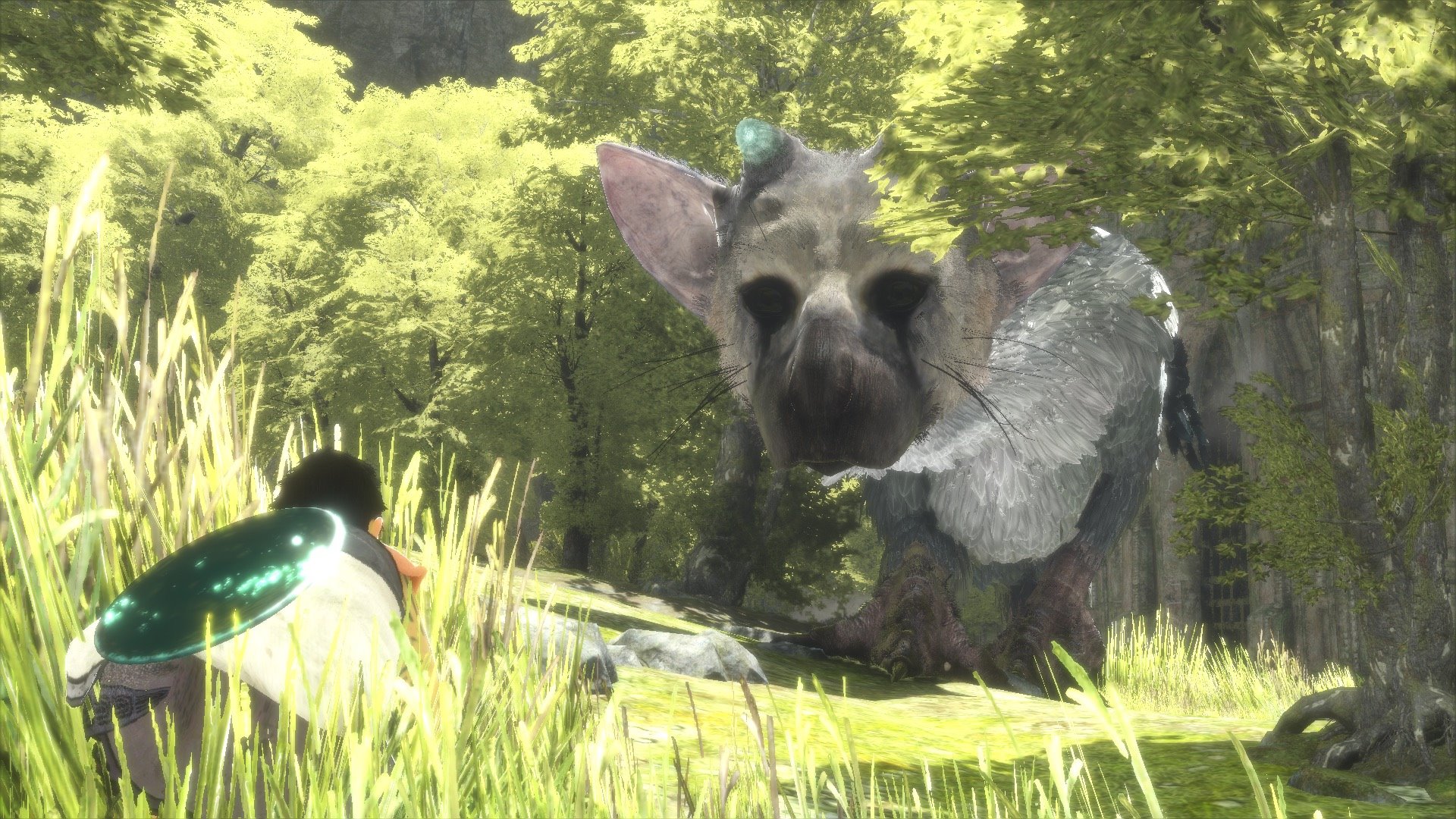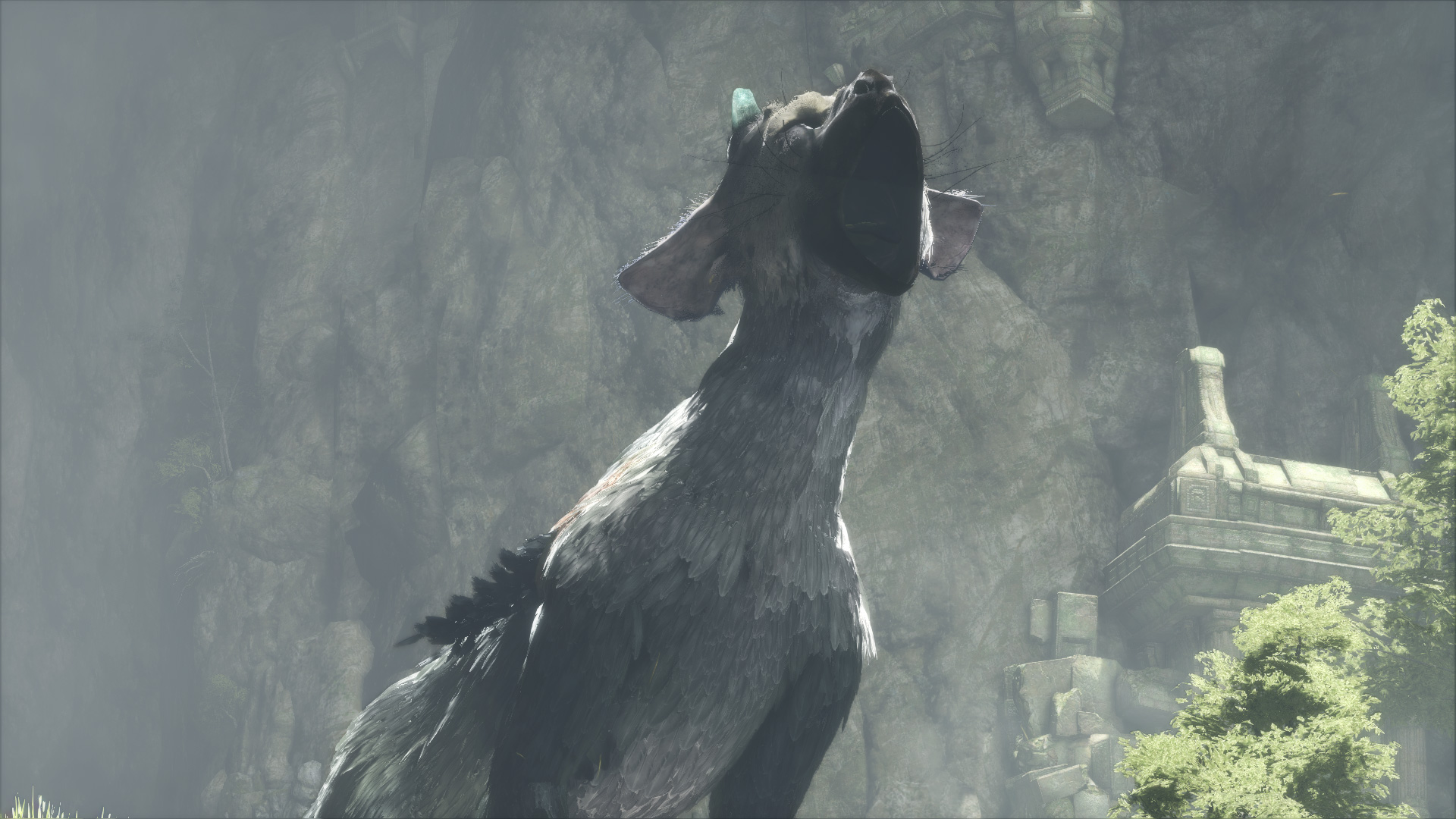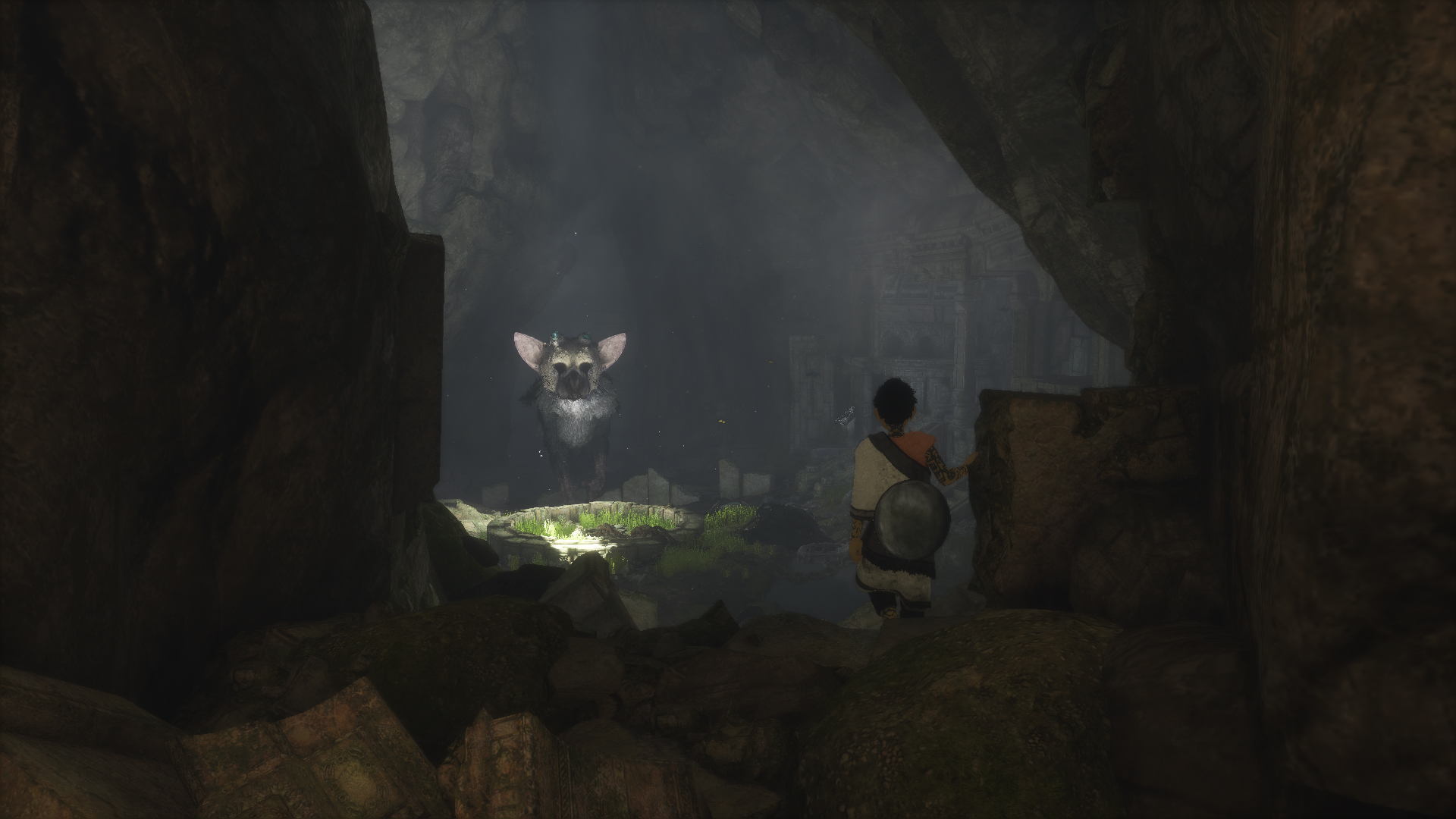The Last Guardian Was An Unforgettable Experience

The medium of games has come a long way from its inception back decades ago and now it stands tall as one of the most lucrative forms of entertainment. Games nowadays have well-written characters that players would want to root for, intricately designed settings that could pass as real locations, and stories that can be thrilling or emotionally captivating or even perhaps both. They can be masterful works of art, capable of stirring emotions of attachment, grief, elation, and so much more in the minds and hearts of many gamers.
Team Ico’s games have continually focused on the ideas of eliciting such strong responses from gamers and its swansong title The Last Guardian is no exception in this regard. Released in 2016, The Last Guardian was perhaps the most polarizing game released that year with some fans calling it one of the best games of all time while others criticized its controls, AI, and performance issues. More than 5 years later, many have come around to appreciating its better aspects and the bold strides it took in its game design. To that effect, the time seems ripe to ask – what made The Last Guardian one hell of a game?
The Last Guardian is perhaps most well known for its extremely protracted development cycle. First unveiled as Project Trico back in 2009, The Last Guardian was initially supposed to release in 2011. However, the game went dark after the announcement as the development shifted to Sony’s next console, the PS4. Game director Fumito Ueda also left Team Ico to start his own studio GenDesign, which was then given the responsibilities for developing the game. A long period of almost 4 years passed without any news of the game. Just when most fans had completely given up hopes of playing The Last Guardian, the game resurfaced again at E3 2015 with a final release window of 2016.
The Last Guardian sees players taking control of an unnamed boy who wakes up to see himself in an old fort of sorts. Upon waking up, he sees the towering behemoth of a creature by the name of Trico in shackles as he cries in pain from all the spears pierced into his furry body. You help Trico get back up on his own four feet by providing him treatment and he starts to become friendly towards you. The game primarily revolved around players having to solve puzzles and overcome a slew of obstacles as a team to somehow get off this high-walled fort. The story isn’t the most complex, which isn’t too surprising considering that Fumito Ueda is at the helm. It intentionally leaves gaps in this very vague plot and expects players to fill those gaps with one’s own interpretation of it all.
Much like Team Ico’s previous works, companionship is the central theme of the narrative. Over the course of the game, players are expected to organically form a deep connection with the beast. Ueda masterfully uses game design techniques to establish this emotional connection without the use of expository dialogues or extensive backstories. Trico cannot survive without the nimble nature and the intelligence of the boy and the boy cannot hope to escape this gargantuan facility without the sheer strength of the creature.

Puzzles are built on this very foundation, and simply getting from point A to point B is just half the battle won. Oftentimes, you will be required to open up doors or push those pesky water paintings of an eye to help Trico get to you. On the contrary, however, you cannot hope to survive enemy encounters with the stone soldiers without Trico’s strength – and as such, you might need to lure enemies to where the beast can take care of them. Other times, you might need to just hitch a ride on the back of Trico to get through certain sections, or you might need to command Trico to stand up near a wall to get to where you need to go.
The game expertly balances the nature of these puzzles to give both characters ample amounts of time in the spotlight. However, controlling Trico is easier said than done. Unlike most video game companions, Trico is controlled by an entirely self-governed AI meaning it has a mind of its own. Thus, you can give Trico commands – but it is entirely up to his virtual brain cells if he listens to you or not. This is perhaps the biggest point of contention regarding the game, as it’s entirely possible that he just doesn’t pay attention to your commands which can be very frustrating at times.

That said, this is also one of the biggest reasons why players start to get more and more attached to this beast as they overcome increasingly tough obstacles together without any firm method of communication. A game is defined by its rules, but The Last Guardian can break those rules at certain moments to illustrate the deep connection that Trico and the boy share with each other. For instance, Trico might forgo his phobia of glass paintings if he sees you being dragged to another realm by the enemies and instantly save you. It doesn’t happen all that too often, but this is part of why it makes those moments so special.
Of course, this being a Fumito Ueda game – his design by subtraction philosophy is in full swing here too. As already mentioned, every aspect of the game serves to strengthen one core design goal that is to explore the relationship of the boy and his gargantuan pet animal, and elements that don’t serve those goals were butchered throughout development. You will not get any special tools throughout your journey so to speak, there is no side content except for optional treats for Trico, no skill trees, and so on. Most of your time spent exploring the vast environments will be coupled with just the ambient sounds of the flowing winds, rustling leaves, and complete silence. It is only in high-intensity or emotionally evocative moments that the game pulls out its fabulous orchestral soundtrack.

The art style is also minimalist in a similar vein, with the entirety of the world seemingly being drawn by watercolors. There’s heavy use of volumetric fog everywhere, which gives a grand sense of scale to these environments. Generous use of bloom also helps in giving the game a pretty vibrant look, which goes very well with the game’s art style too. It all coalesces to give The Last Guardian a pretty distinctive feeling of being lonely in a vast environment, which works very well with the themes it tries to explore.
Of course, The Last Guardian isn’t a perfect game by any means. There are some very obvious flaws with the game. Movement never feels quite right, which can make some late-game challenges an exercise in pain. The controller layout is also different from what most players might be used to. Some textures can stick out on account of their low-resolution, which is a direct result of the game’s turbulent generation-spanning development cycle.
However, in the face of what The Last Guardian does right, these all become minor nuisances by the time you roll the end credits. The Last Guardian is simply put one of the most unique video game experiences of recent memory, and a strong reminder of the fact that video games can also be works of art. What gives it such stature and in turn, makes it one hell of a game are the bold strides it takes to accomplish its design goals, knowing well that they might not jive very well with a decent chunk of its audience.
Note: The views expressed in this article are those of the author and do not necessarily represent the views of, and should not be attributed to, GamingBolt as an organization.

